
The Right Honourable Mary Simon aims to be an Arctic fox
Canada’s first-ever Indigenous governor general doesn’t play favourites among our majestic natural wonders, but she...
Get the inside scoop on The Narwhal’s environment and climate reporting by signing up for our free newsletter.
After years of stagnating environmental policy under the provincial Progressive Conservatives, Manitoba’s New Democrats came into government with a refreshing willingness to acknowledge — and try to address — the climate crisis.
There have been some big commitments: a plan to protect one of the largest intact watersheds in the world, a push to expand critical minerals mining in partnership with First Nations, a goal to expand clean energy and hit net zero targets by 2050 and a push to expand electric vehicle infrastructure.
These promises helped pull Manitoba into alignment with federal climate initiatives like the 30-by-30 conservation target, the national emissions reduction target and the 2035 electric vehicle mandate.
But there’s a federal election looming — and polls suggest the winds of political change are picking up.
A Conservative majority in Ottawa could spell disaster for some (though not all) climate policies. Conservative Party leader Pierre Poilievre has framed the next trip to the polls — expected shortly after parliament returns from prorogation this spring — as a referendum on the Liberals’ cornerstone climate policy: the carbon tax.
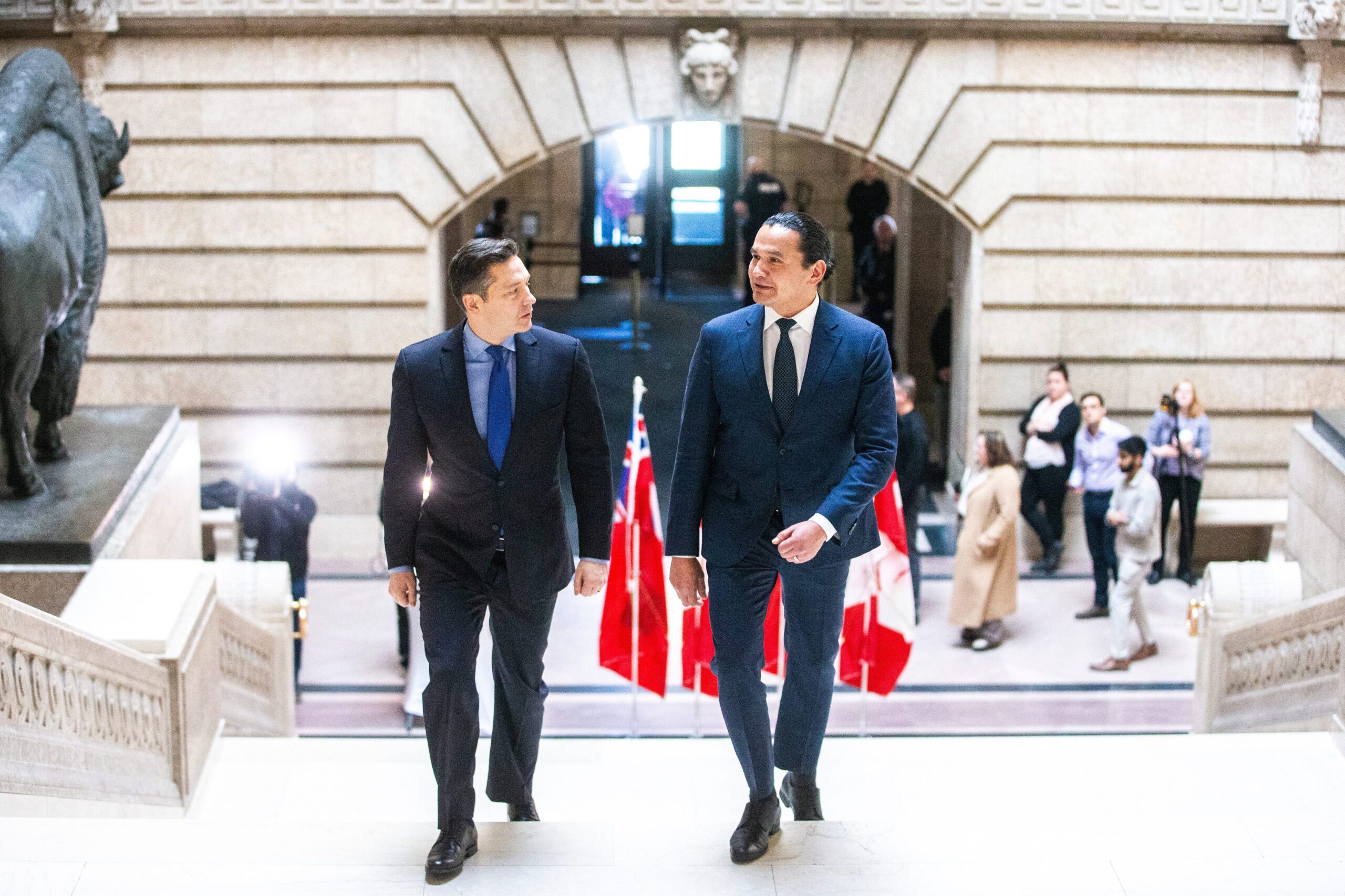
He’s also taken aim at what he calls “anti-energy laws,” like the emissions cap on oil producers, a ban on oil tankers along British Columbia’s north coast and a bill strengthening environmental assessment of future pipeline projects. Critics of the Tory leader have suggested he is likely to walk back other Liberal climate policies, too: electric vehicle mandates, biodiversity and conservation targets, natural infrastructure and low-carbon funding programs under the Emissions Reduction Act. In 20 years as an elected official, he has voted against climate policies 400 times, according to a May 2024 analysis by Desmog.
Poilievre himself has bolstered this climate-dismissive image by denigrating environmental advocates, in one interview calling them “loons that hate our energy sector.”
On paper, Conservative policy documents nod to environmental policies aimed at protecting biodiversity, clean air, land and water, but contain few conclusive details.
With pollsters projecting a commanding electoral victory for Poilievre this year, how do his campaign commitments line up with Manitoba’s climate goals?
Poilievre has promised to eliminate carbon fees on Day 1, should he be elected.
“It’s been kind of an epic commitment that I’ve made — it’s iconic — and so I have to follow through on it immediately, and that will signal to the country that I’m serious,” Poilievre said in a long-form interview with controversial Canadian commentator Jordan Peterson.
He has argued the price on carbon pollution is driving inflation, ratcheting up grocery prices and unjustly straining consumers.
Economists largely disagree. The carbon price, according to fiscal experts, is the most cost-effective tool to nudge Canada toward its Paris Agreement commitment to reduce greenhouse gas emissions 45 per cent below 2005 levels by 2030. The Canadian Climate Institute believes the policy is working — especially as it applies to large industrial polluters — and could eventually account for more than half of Canada’s emissions reductions. A December report from economists at the University of Calgary found carbon pricing added just 0.5 percentage points to inflation. Most Canadians, the Parliamentary Budget Office says, receive more in carbon tax rebates than they pay.
But none of this has made carbon pricing any more popular with consumers, many of whom seem drawn to Poilievre’s “axe the tax” message.

Manitoba farmers joined a national campaign to exempt propane and natural gas used for agricultural operations like grain drying and barn heating from the fee. Keystone Agricultural Producers, the province’s largest agricultural organization, has expressed full support for Bill C-234, which includes these exemptions. The bill has been stalled in the House of Commons since December 2023.
A Leger poll commissioned by the Canadian Taxpayer Federation in March 2024 found more than 80 per cent of Manitobans wanted the provincial government to lobby against the carbon fees. Premier Wab Kinew seemed to take heed; after meeting with Poilievre that same month he announced his government would propose an alternative path to net-zero emissions.
Poilievre’s opposition to carbon pricing goes hand-in-hand with perhaps the most revealing (at least on the climate front) pillar of his campaign: boosting the Canadian energy sector.
“My plan on the environment is technology and not taxes,” he said in a short video posted on social media platforms in May 2024.
It’s become a familiar refrain for the Conservative leader when pressed on his party’s climate action plans. Rather than putting a price on pollution, Poilievre plans to speed up approval of renewable energy developments like nuclear, hydroelectric and offshore tidal power projects.
“We can’t afford five or six years of federal red tape blocking hydroelectric dams that are going to be necessary to supply the kilowattage to power an electric economy,” he said in the video.
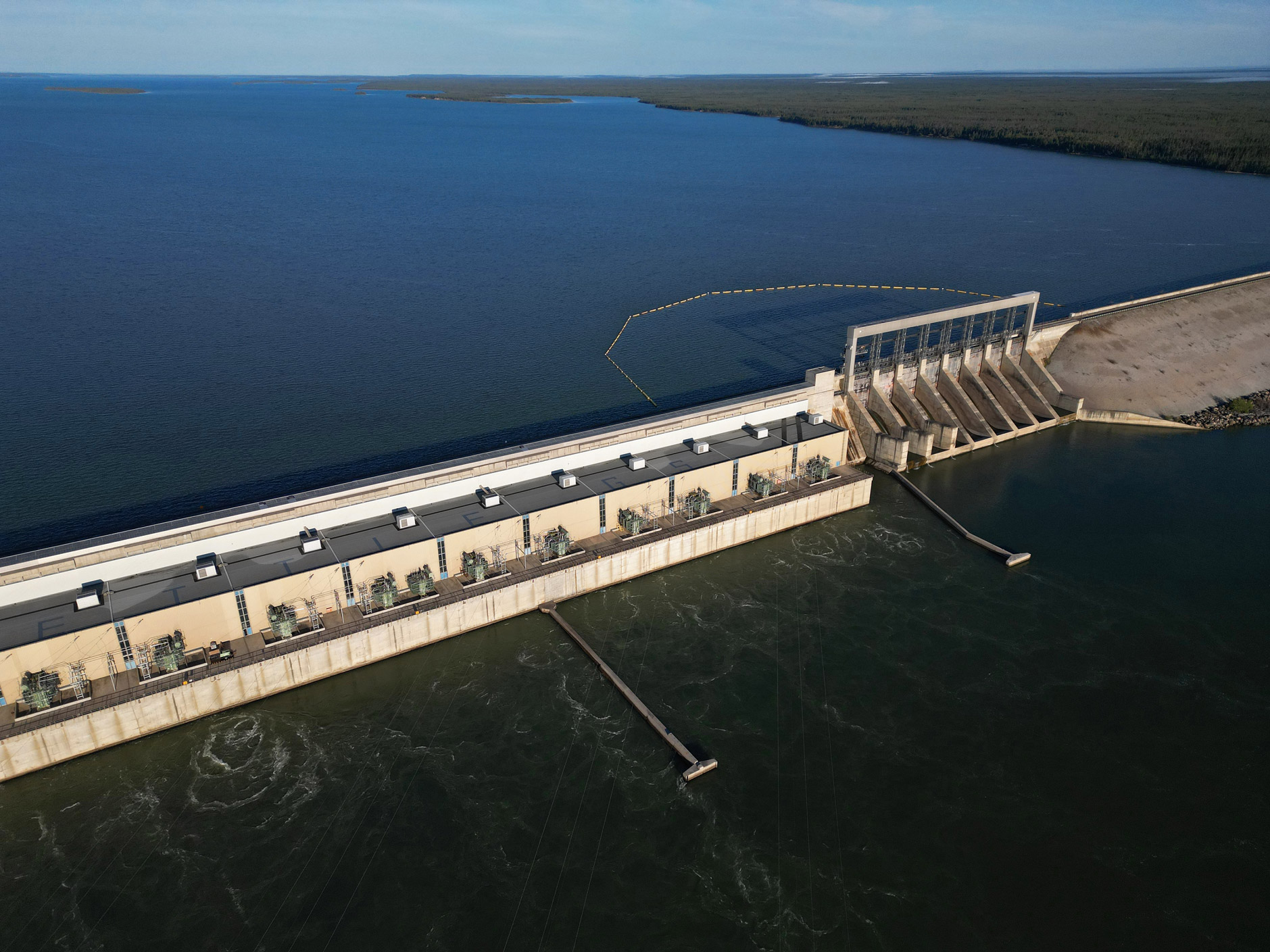
Poilievre sketched out more details during his conversation with Peterson: Canadian energy, he said, will be necessary to power data centres for artificial intelligence, blockchain and other emerging technologies.
“It takes a tremendous amount of energy to power these data centres,” he said. “Our secret sauce is our energy, our incredible supply of energy of all kinds — hydro, nuclear, natural gas, you name it.”
In this, the federal Tories and provincial NDP are aligned. Manitoba’s affordable energy plan, released last fall, focuses on leveraging the province’s hydroelectric grid to spur economic development and energy innovation.
The province has committed to building out wind power in collaboration with Indigenous communities, supporting geothermal heating, researching and developing green hydrogen and carbon capture, accelerating the use of technologies like artificial intelligence, prioritizing large commercial and industrial projects when assessing new grid connections and upgrading its existing power infrastructure to handle growing demand.
It’s likely the Tories will look favourably on these initiatives; the party’s policies support “private development of alternative sources of energy and fuels,” as well as bolstering energy security through infrastructure upgrades.
Manitoba and Ottawa diverge when it comes to the role fossil fuels will play in the electric economy of the future.
While the province acknowledges “a good part of our economy runs on fossil fuels and will for the foreseeable future,” its energy strategy aims to incentivize “climate friendly choices” through energy efficient building codes, funding for home energy efficiency upgrades like electric heating and electric vehicle rebates and infrastructure programs.
“Affordability is the only way to fully transition to clean energy and hit our net zero targets by 2050,” the energy plan says.
By contrast, Poilievre is all in on oil and gas. He intends to lift the cap on oilsands emissions and speed up approval for refineries, liquefied natural gas plants and pipelines to “cause a massive resource boom.”
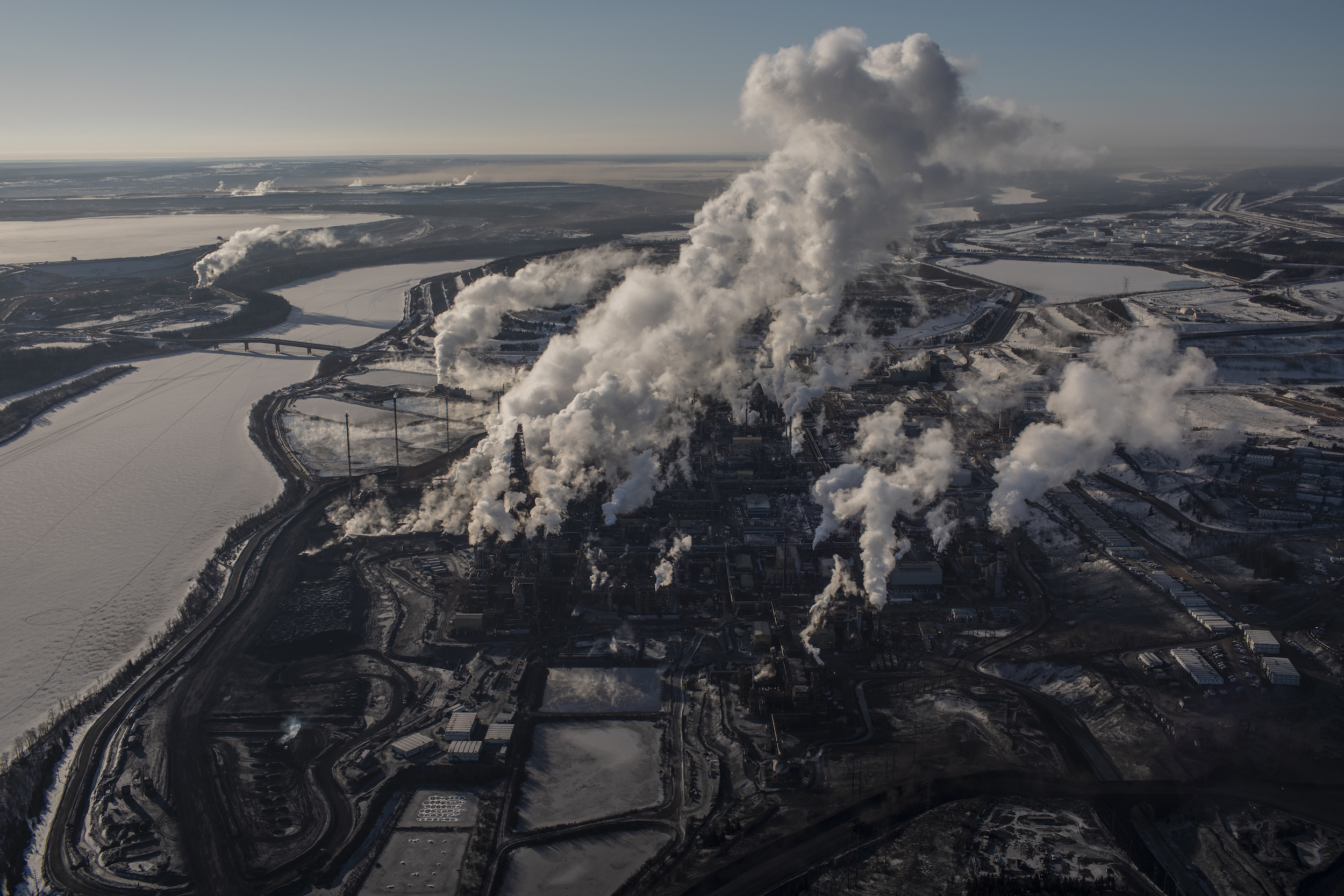
While Manitoba isn’t known for its oil, the province produces more than two million cubic metres of crude every year. The NDP has said little about its plans for the oil industry, but loosened regulations could extend the life of the southwestern fields, where oil is cheaper to extract than in other parts of the country.
As for pipelines, Poilievre has zeroed in on Manitoba’s northern port — the Port of Churchill — as a link in what Conservative policy documents call a “national energy corridor.” When he visited Winnipeg in 2022, Poilievre hinted at shipping Alberta petroleum to international markets via the northern port and the Manitoba government hasn’t ruled the idea out altogether.
Kinew has himself encouraged shipping hydrogen fuels, critical minerals and other energy resources via the port.
Manitoba and the federal Conservative Party are in lockstep when it comes to boosting the mining industry. Poilievre has promised to eliminate federal red tape he says has delayed major mines like Ontario’s Ring of Fire. Conservative policies support any provincial effort to streamline mine approvals and invest in geoscience research — Manitoba’s new critical mineral strategy, released in the fall, outlines plans to do both.
Both the NDP and Tories have framed a critical mineral boom as part of “economic reconciliation” for northern Indigenous communities.
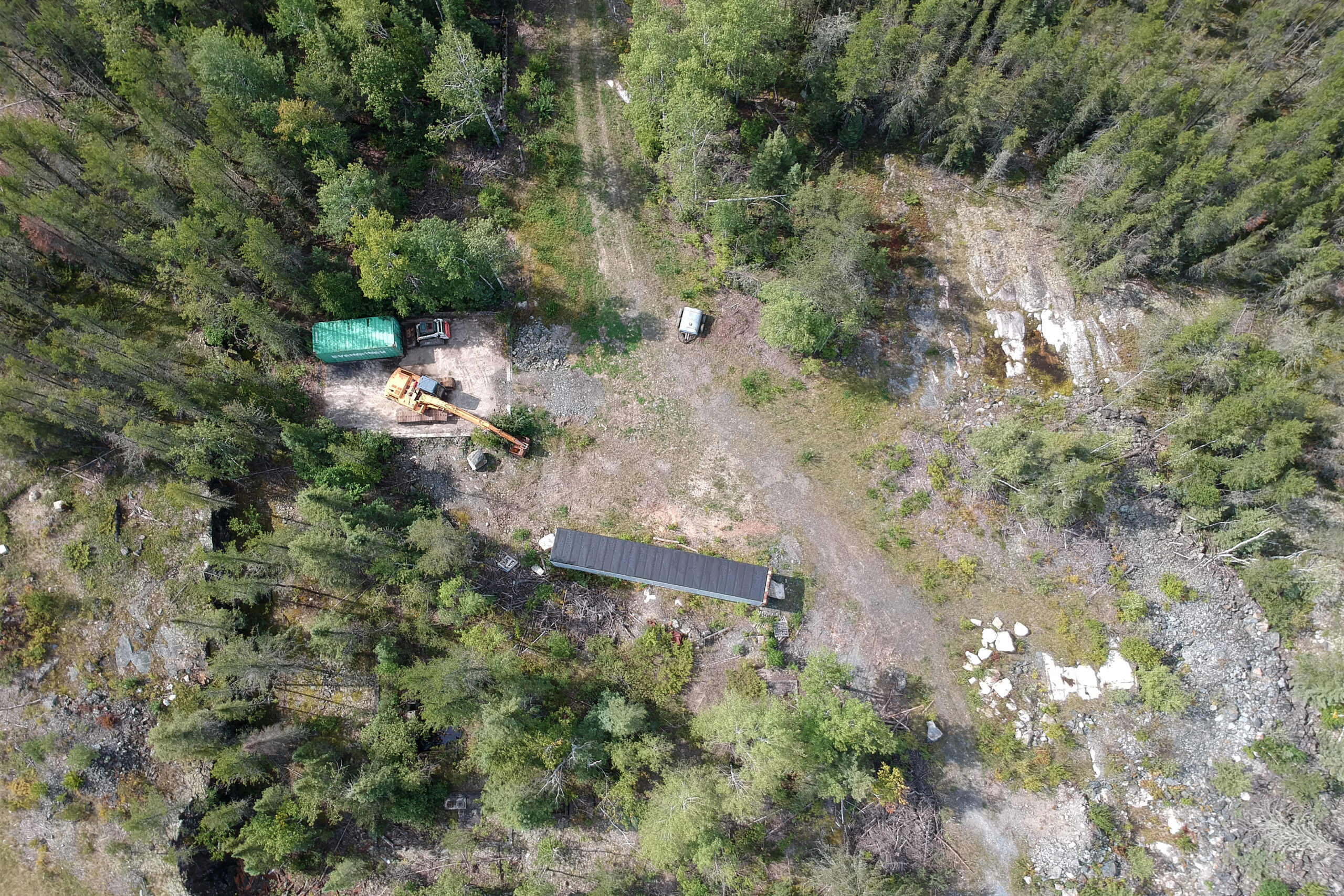
Speaking to the Assembly of First Nations in July, Poilievre reiterated plans to roll back government bureaucracy over resource extraction projects on First Nations’ lands and redirect revenues to the communities. He also suggested jobs with these projects should be offered “first and foremost … to Indigenous youth.”
Manitoba’s critical mineral strategy echoes that message; the province plans to take a “Nation-to-Nation approach” that “builds new opportunities for Indigenous and northern Manitoba communities to benefit from resource partnerships, training in the skilled trades, and family-supporting jobs close to home.”
Where they differ is the role of environmental protection. Asked about his climate plans in front of the Assembly of First Nations, Poilievre reiterated his “technology not taxes” slogan. Manitoba, by contrast, has pledged to modernize its environmental legislation so resource projects are only approved after thorough evaluation and with “appropriate licence conditions.” The province intends to engage Indigenous communities early in the environmental assessment process, particularly when it comes to land-use and wildlife planning, and to increase project reporting requirements to communities.
These measures could be interpreted as more of the red tape and bureaucracy the Tories oppose. Finding a balance between streamlined mine approvals and rigorous environmental assessment could be a precarious task.
Another difficult balancing act? Resource extraction and land conservation.
Like the federal Liberals, Manitoba’s NDP are committed to protecting 30 per cent of provincial lands and waters by 2030 — especially through Indigenous-led conservation. In its earliest days in power, the NDP backed a landmark proposal to establish a 50,000-square-kilometre protected area in the Seal River Watershed, which had stalled under provincial Progressive Conservatives who viewed the project as a hindrance to mineral exploration.
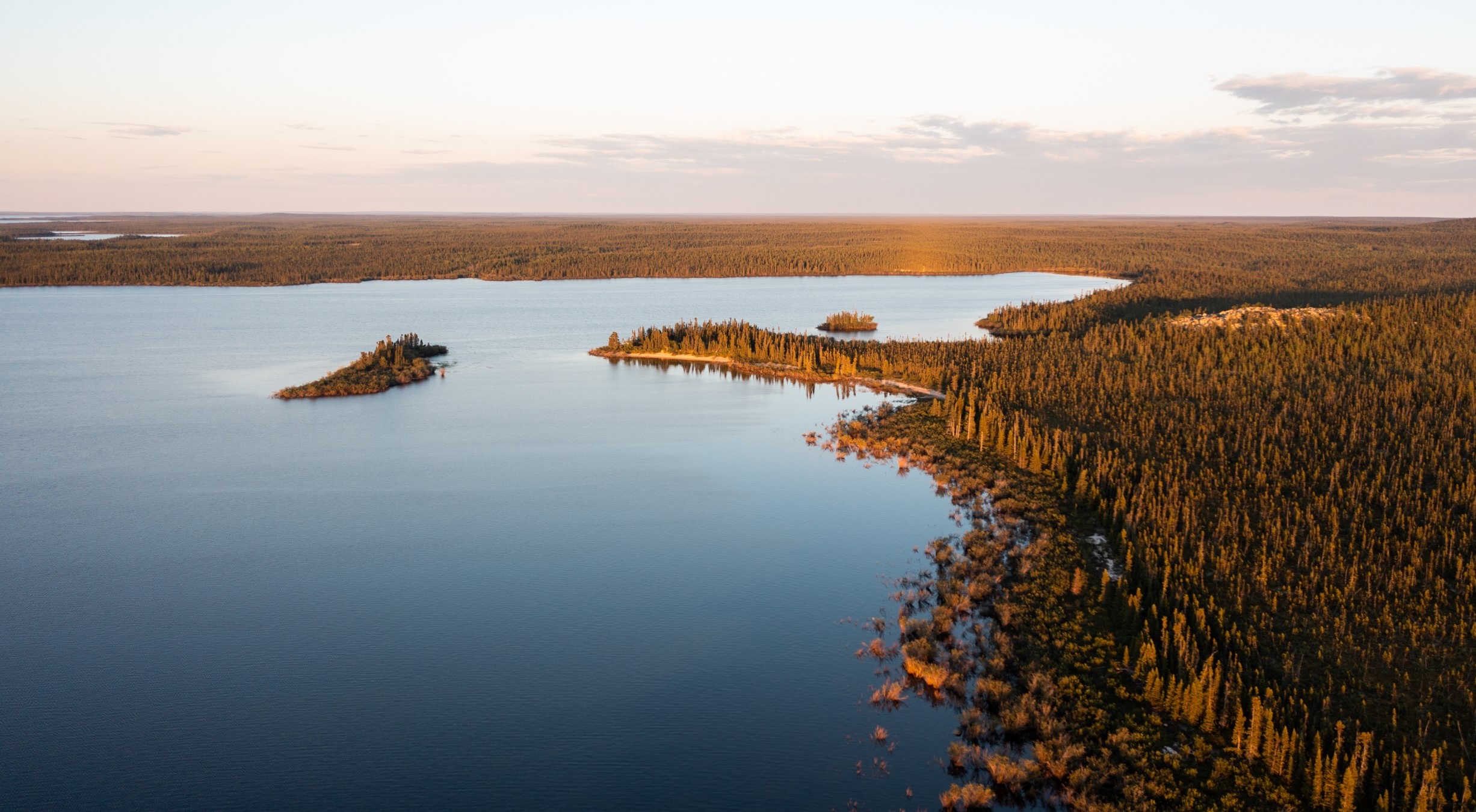
In its critical mineral strategy, the NDP stressed its intent to keep working with Indigenous communities toward conservation targets, “taking action to fight the climate crisis” and investing in parks and protected areas.
These policies brought Manitoba into harmony with the federal Liberal government, which has invested more than $1.6 billion in Indigenous-led conservation since 2018 (and has supported the Seal River protected area through Parks Canada).
But Poilievre’s Conservatives have been quiet about conservation. Buried in party policy documents is a clause supporting marine protected areas provided there’s “no renewable and non-renewable resource extraction presently occurring” but there is no mention of continuing federal support for land-based, Indigenous-led conservation.
That leaves the futures of eight Indigenous-led conservation projects at various stages of development in Manitoba unclear.
All in all, the Conservatives don’t have a rigorous plan for climate action — despite calls from some Canadian conservation groups to develop one. Poilievre plans to take a small- government approach, limiting the role the feds play in guiding environmental regulation and policy. On the surface, it’s all about jumpstarting a seemingly listless economy by encouraging competition in energy and natural resources. For Canadians disillusioned by the cost-of-living crisis, these policies can indeed seem like, in Poilievre’s words, “common sense.”

But a burgeoning energy sector without climate checks and balances could create more problems than it solves. Carbon levies are becoming more — not less — common globally and environmental policy is predicted to be a significant factor in the future of international trade. Not to mention, climate change is expensive. Emergency preparedness and climate adaptation are proven to mitigate the health care and infrastructure costs of natural disasters, which have become increasingly more frequent, severe and costly to the taxpayer. As of yet, it’s not clear where such policies — which tend to require a bit of federal help — fit into Poilievre’s small government vision.
The Conservatives believe “the provinces and territories should be free to develop their own climate change policies, without federal interference or federal penalties or incentives.” That means Manitoba will need to take the lead on adaptation, mitigation and environmental protection policies that still leave room for the agriculture, mining, and energy industries to thrive — with or without federal support.
Julia-Simone Rutgers is a reporter covering environmental issues in Manitoba. Her position is part of a partnership between The Narwhal and the Winnipeg Free Press.
Get the inside scoop on The Narwhal’s environment and climate reporting by signing up for our free newsletter. A $335 million funding commitment to fund...
Continue reading
Canada’s first-ever Indigenous governor general doesn’t play favourites among our majestic natural wonders, but she...

In Alberta, a massive open-pit coal mine near Jasper National Park is hoping to expand...

A trade war could help remake B.C.’s food system, but will family farmers be left...
